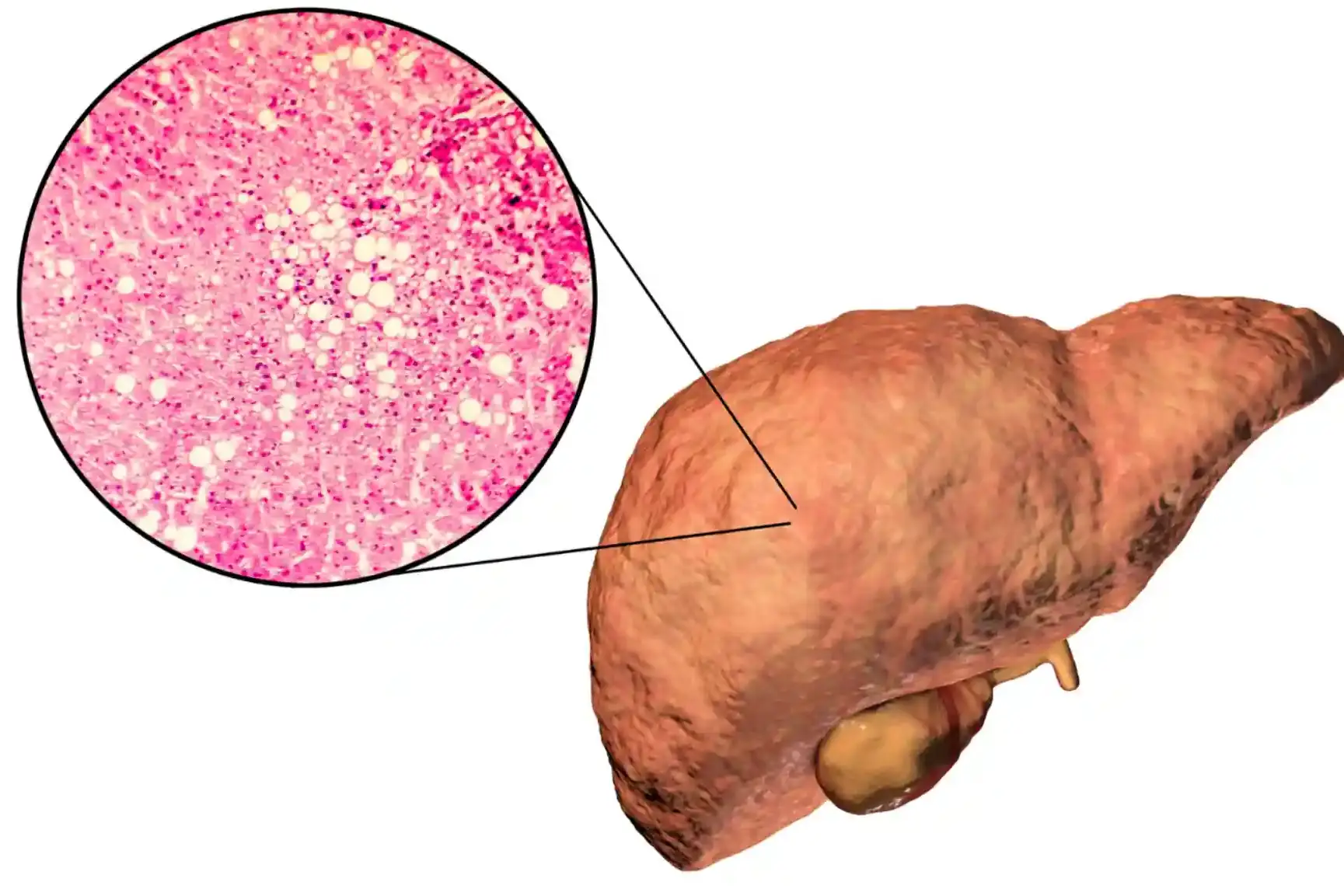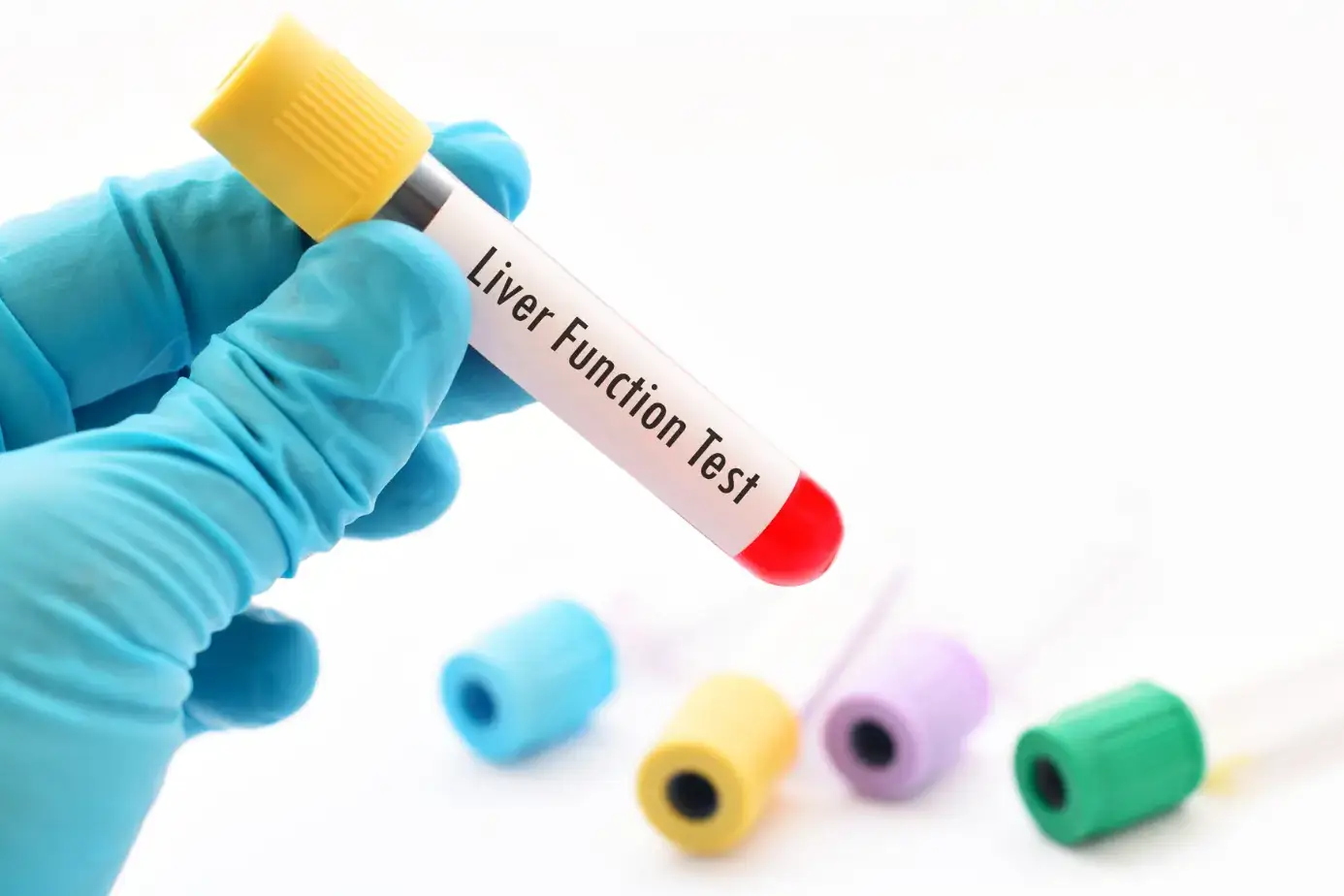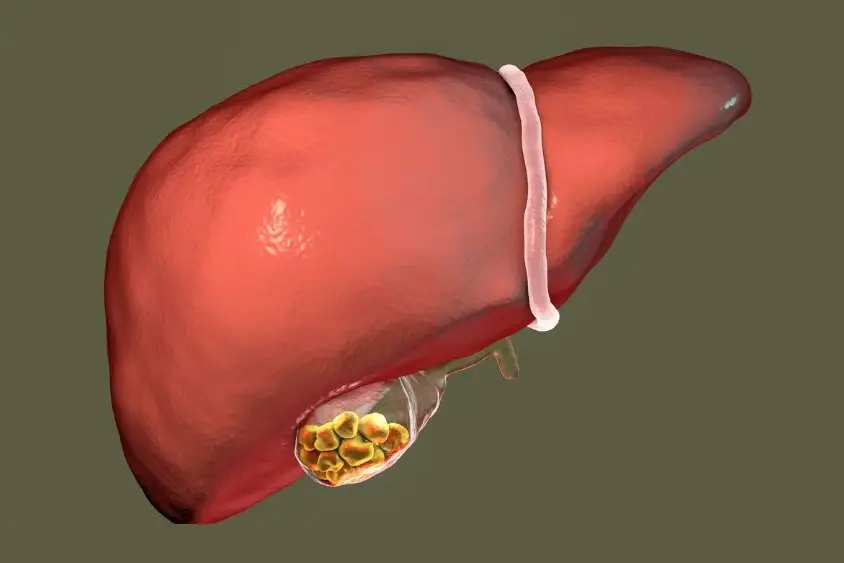What Happens to Your Body When You Fast
People had experienced periods when food was scarce or completely lacking, so they were forced to fast. Humans have practiced fasting for thousands of years to rejuvenate the mind, body and soul.
But current technology—refrigeration, transportation, and electric lighting—has made food more readily available.
Eating foods at all times has resulted in several health-related concerns, which is why there is a renewed interest in fasting.
Intentionally skipping or delaying meals, known as fasting, is gaining popularity as a way to prevent disease and maintain a healthy body weight.
Lets Understand What Happens to Your Body When You Fast, as a practice, has garnered significant attention in recent years due to its potential health benefits. Beyond the four primary stages outlined earlier, it’s essential to delve deeper into the effects of fasting on the body, both in the short term and the long term.
Table of Contents
ToggleWhat Happens to Your Body When You Fast For Short Term
Cellular Autophagy: Fasting triggers autophagy, where the body’s cells undergo a thorough cleaning. During this process, damaged or dysfunctional cell components are broken down and recycled. Autophagy is linked to various health benefits, including longevity and reduced risk of certain diseases.
Brain Health and Cognitive Function: Fasting can improve brain health and cognitive function. The increased production of brain-derived neurotrophic factor (BDNF) during fasting enhances brain function, potentially reducing the risk of neurodegenerative conditions such as Alzheimer’s.
Physical Performance and Endurance: Fasting can improve physical performance and endurance. As the body transitions to using fat for energy, it becomes more efficient at sparing glycogen stores. It can be particularly beneficial for athletes and individuals engaged in endurance activities.
Immune System Benefits: Short-term fasting can stimulate the production of new immune cells, a process called hematopoiesis. It helps rejuvenate the immune system, potentially enhancing its ability to combat infections and illnesses.
What Happens to Your Body When You Fast for Long-Term
Weight Loss and Fat Utilization: Fasting can lead to sustainable weight loss. Practicing intermittently or as part of a structured fasting regimen can help reduce body fat and promote weight management.
Potential Long-Term Health Benefits: Emerging research suggests that long-term fasting may offer protection against various chronic diseases, including diabetes, heart disease, and cancer. These benefits are attributed to reduced inflammation and oxidative stress during fasting.
Improved Insulin Sensitivity: Fasting can enhance insulin sensitivity, making the body’s cells more responsive to insulin. It is particularly important for individuals at risk of type 2 diabetes.
Lifespan Extension: Studies on animals have shown that caloric restriction, a form of fasting, can extend lifespan. While this effect in humans is still under investigation, it offers promising insights into the potential for fasting to promote longevity.
It’s important to approach fasting with mindfulness and, in some cases, professional guidance, especially for individuals with preexisting medical conditions or those considering extended fasting periods. Consultation with a healthcare provider or registered dietitian can help tailor fasting practices to individual needs and goals.
Fasting is a versatile practice with numerous potential benefits. However, like any lifestyle choice, it should be approached thoughtfully, considering individual health status and objectives. Further research is ongoing to explore the full spectrum of fasting’s impacts on health and longevity, making it an exciting study area in nutrition and wellness.
What Happens to Your Body When You Fast
Fasting is a practice deeply rooted in human history, used for centuries to rejuvenate the mind, body, and soul. Historically, What Happens to Your Body When You Fast often driven by food scarcity and necessity. Still, today, with the convenience of modern technology and abundant food supply, it has experienced a resurgence. This renewed interest in fasting is driven by the desire to prevent diseases and maintain a healthy body weight.
Have you ever wondered what goes on inside your body during a fast and What Happens to Your Body When You Fast? The physical changes that occur during fasting can be categorized into four distinct stages, each with its unique effects.
However, have you ever wondered what happens to your body when you fast?
The physical changes that your body goes through during a fast can be divided into four stages:
- Stage 1: Fed state (0-3 hours)
- Stage 2: Early fasting state (3-18 hours)
- Stage 3: Fasting state (18-48 hours)
- Stage 4: Long-term fasting state (48+ hours)
Each of these stages has a different effect on the body.
What Happens to Your Body When You Fast in Stage 1?
Stage 1 is the stage that starts after you have eaten a meal. The body gets ready to digest the food. A lot of digestive enzymes are released from the pancreas to begin the process of digestion. The blood sugar levels rise, and insulin is released from the pancreas to regulate the body’s sugar levels and ensure that all cells are given the right amount of food and energy for optimal functioning.
There is an interplay of several other hormones that are released, ghrelin and leptin, that ensure that you feel full and satiated.
What Happens to Your Body When You Fast in Stage 2?
Around three hours or so after your meal, the body shifts to the early fasting state, which lasts until about 18 hours after the beginning of your fast.
The most immediate organ affected by a fast is the pancreas. During times of low plasma glucose, the pancreas will release more glucagon from the alpha cells found in the islets of Langerhans. Glucagon will mainly affect the liver as it stores most glycogen. The glycogen is used to release sugar such that all the organs of the body can get enough amounts of food.
Once your glycogen stores are depleted toward the end of this stage, the body starts looking for other fuel sources. It may even start breaking down proteins and a whole host of hormones, including glucagon, epinephrine, growth hormone, and cortisol, increasing during fasting. It’s also partially responsible for the fat-burning benefits of fasting.
What Happens to Your Body When You Fast in Stage 3?
The fasting state occurs around 18 hours after your fast begins and can last up to two days. Because this point has completely depleted your glycogen stores, your body has probably already started breaking down stored fats and proteins and converting them into energy.
The breakdown of triglycerides begins with activating hormone-sensitive lipase (HSL). This enzyme is stimulated by glucagon, epinephrine, cortisol, and growth hormone, all of which have increased plasma levels during fasting. Each of these hormones activates HSL through a different pathway.
At this stage, What Happens to Your Body When You Fast ketones form in the body that are used as an extra energy source predominantly by the brain.
Ketosis is a metabolic state that occurs when your body burns fat for energy instead of glucose. The time needed to reach the stage of ketosis is different for different people.
For healthy people who don’t have diabetes or aren’t pregnant, ketosis usually kicks in after 3 or 4 days of eating fewer than 50 grams of carbohydrates daily. That’s about three slices of bread, a cup of low-fat fruit yogurt, or two small bananas.
What Happens to Your Body When You Fast Stage 4?
Stage 4 is the final stage of fasting. This final stage of fasting is known as the long-term fasting or starvation state. Insulin levels slowly drop during this phase while ketone levels steadily increase. Ketones serve as the body’s main energy source, and the breakdown of amino acids from the muscle cells is reduced to help preserve muscle mass.
This fasting stage can be very dangerous and even result in death.
About The Author

Medically reviewed by Dr. Nivedita Pandey, MD, DM (Gastroenterology)
Dr. Nivedita Pandey is a U.S.-trained gastroenterologist and hepatologist with extensive experience in diagnosing and treating liver diseases and gastrointestinal disorders. She specializes in liver enzyme abnormalities, fatty liver disease, hepatitis, cirrhosis, and digestive health.
All content is reviewed for medical accuracy and aligned with current clinical guidelines.







